In the rush of daily life, few things are as routine as eating. We prepare our food, sit down, and begin. But for many believers, there’s a pause—a moment of prayer before the first bite. Some see this as essential, a sign of gratitude and dependence on God. Others see it as optional, a good practice but not required. So, should we pray before meals?
The Bible does not give a direct command, but it does provide a rich framework for understanding why giving thanks before eating is both wise and deeply meaningful.
The Example of Jesus: Prayer Before Eating
One of the clearest reasons to pray before a meal is that Jesus Himself did. At significant moments, He paused to bless the food and give thanks:
· Feeding the 5,000: “Then He took the five loaves and the two fish, and looking up to heaven, He blessed and broke them, and gave them to the disciples to set before the crowd.” (Luke 9:16)
· The Last Supper: “And He took bread, gave thanks and broke it, and gave it to them, saying, ’This is My body, which is given for you; do this in remembrance of Me.’” (Luke 22:19)
Jesus did not turn every meal into a formal religious ceremony, but He did consistently express gratitude to the Father. If Christ, the very Son of God, took time to pray before eating, it makes sense that we, too, should consider doing the same.
A Biblical Pattern of Gratitude
Paul reinforces this idea in 1 Timothy 4:4-5, saying “For everything created by God is good, and nothing is to be rejected if it is received with thanksgiving, for it is made holy by the word of God and prayer.”
The act of prayer does not change the physical nature of our food, but it sets it apart in our hearts. It reminds us that our daily bread is not merely a product of human effort but a gift from God.
Paul also encourages a life of thanksgiving in all circumstances:
· “Give thanks in all circumstances; for this is the will of God in Christ Jesus for you.” (1 Thessalonians 5:18)
· “Whatever you do, in word or deed, do everything in the name of the Lord Jesus, giving thanks to God the Father through Him.” (Colossians 3:17)
If gratitude is meant to be part of all we do, then surely something as essential as eating is an appropriate moment to pause and thank God.
A Simple Act of Worship
More than just a habit, praying before a meal can be an act of worship. When Daniel was in exile in Babylon, he prayed regularly—even at great personal risk (Daniel 6:10). While praying before a meal is not commanded, it can be a small but meaningful way to acknowledge God in daily life:
· It reminds us of His provision. Jesus taught His disciples to pray, “Give us this day our daily bread.” (Matthew 6:11) Even when we buy our groceries with our own money, it is ultimately God who sustains us.
· It helps us slow down. In a culture that rushes from one task to the next, pausing to pray reorients our hearts toward God.
· It can be a witness. A simple prayer before a meal—whether at home, work, or in a restaurant—can quietly testify to our dependence on God.
Freedom, Not Legalism
While praying before meals is a wise and biblical practice, it is not a requirement for righteousness. The Bible warns against turning good traditions into rigid laws. Jesus criticized the Pharisees for their outward religious practices that lacked true heart devotion (Mark 7:6-7).
Paul also reminds us that matters of conscience should not become points of judgment:
· “One person esteems one day as better than another, while another esteems all days alike. Each one should be fully convinced in his own mind.” (Romans 14:5)
· “So, whether you eat or drink, or whatever you do, do all to the glory of God.” (1 Corinthians 10:31)
The goal is not to check off a religious duty but to cultivate a heart that naturally overflows with gratitude.
Conclusion: A Heart of Gratitude
Should you pray before eating? Not because you have to, but because you get to. It is a small yet meaningful way to follow Jesus’ example, express gratitude, and remind yourself of God’s daily provision.
Some meals may begin with a quiet prayer; others may not. The key is not legalistic obligation but a heart that recognizes and thanks God for His goodness—whether in a formal prayer or simply a moment of inward praise.
So, as you sit down for your next meal, consider pausing. A simple “Thank You, Lord” might just be one of the most profound acts of worship you offer today.

